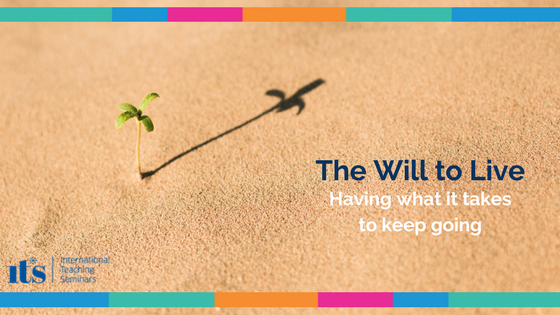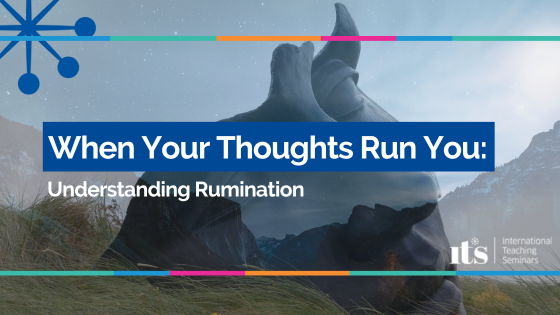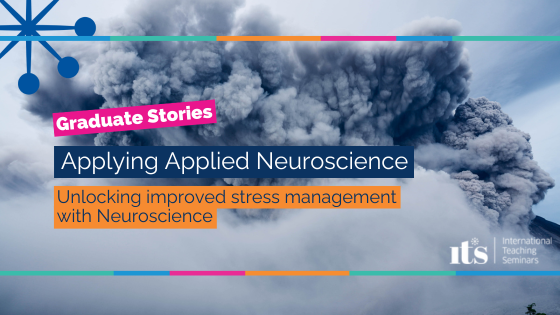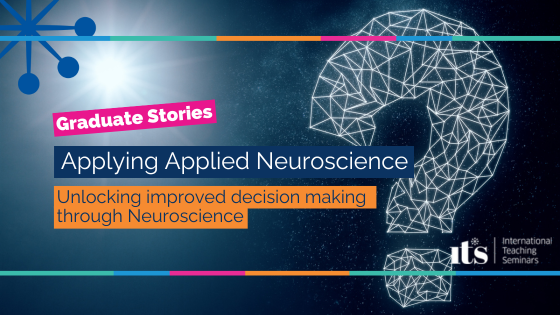A personal gift from the SAS?
I’ve just spent an interesting hour casting my eye over John ‘Lofty’ Wiseman’s book, the SAS Survival Handbook: The Ultimate Guide to Surviving Anywhere.
What I found most interesting was the pyramid diagram he had in the introduction. At the top of the pyramid there’s a little triangle and inside is written the word ‘kit’ (right clothing, right tools etc.). Underneath that a big chunk, right across the pyramid is ‘Knowledge‘ (your skills, your know how, knowledge of the terrain and what’s edible etc.). Then at the base, is the third chunk ‘The Will to Live.’ This is the one he says is the most important.
The Will to Live – having what it takes to keep going
Wiseman says, if you’ve got the will to live, you can make all sorts of mistakes and still come through because you’ve got what it takes to keep going. I think this is equally true in somewhat less extreme conditions, when in our ordinary lives, things are tough, or on a knife edge. It’s why Churchill famously said at one point, ‘never, never, never, give up.’ And why is that so important? Because that kind of perseverance produces endurance – and with endurance comes staying power to see it through, even if you don’t know quite how you’re going to make it through. This ability can be the difference that makes the difference in everyday life.
If you’re running a business or challenged in some way, it may take you time to find a way through. It may also take time to find the right people to help guide you through a transition or a change. If you don’t have ‘the will to live’, to just keep going and go on, you may give up prematurely. In the wild maybe you get sleepy and lie down, in ordinary life maybe you stop trying and just start going through the motions.
Can you cultivate this ‘will to live’?
Is this a learnable skill? From my work with leaders I can tell you it is. Why? Because you can learn to become more resilient, you can learn to endure and you can learn to persevere. If you can do these three things you get to stay alive in every sense, physically, emotionally, economically – and then you have the chance to come through, sometimes in quite unexpected ways.
I think it’s worth recognizing that this is true not just in extreme weather conditions at the North pole, but in life as a whole. It’s true in a relationship, it’s true when facing personal challenges, it’s true in a health crisis, it’s true in a business. So whether or not you ever get round to reading the SAS Survival Handbook, ‘the will to live’ is something I think all of us might want to cultivate.
Here’s what you can do:
- Learn how to build your stamina to keep on keeping on
- Learn how to persevere and endure
- Learn how to become more resilient
Ultimately each of these is much more to do with your mental rather than your physical state. That’s why knowing how to train your brain is so important. This is true for you and it’s true for a team.
We already have the tools to do this and in recent years neuroscience has given us a new understanding of why these tools work.
If you want to take a next step at a practical level and learn the tools check out our NLP Practitioner Programme with Neuroscience. When you have the drive to raise your own game, you often find this goes hand-in-hand to help others do the same. If you want to learn the structured process and skills, as well as the art and the way of being that makes you most effective in getting the best out of others, then you may also want to take a look at the ICF Accredited Mastering the Coach Approach Programme.
Speak to someone who has been there and done that
Both programmes begin in September 2018, and if you want to find out how either can make a difference for you, your team, your organization – and your loved ones – then please ‘Get in touch.’ We have a team of people who have taken the programme before (and put what they have learnt to real use) and are ready to answer your questions.





Leave A Comment